
Analysis: Iranian state textbooks incite terrorism
Unsurprisingly, Iran’s official government textbooks continue to incite hatred, extremism, and terrorism.

Unsurprisingly, Iran’s official government textbooks continue to incite hatred, extremism, and terrorism.
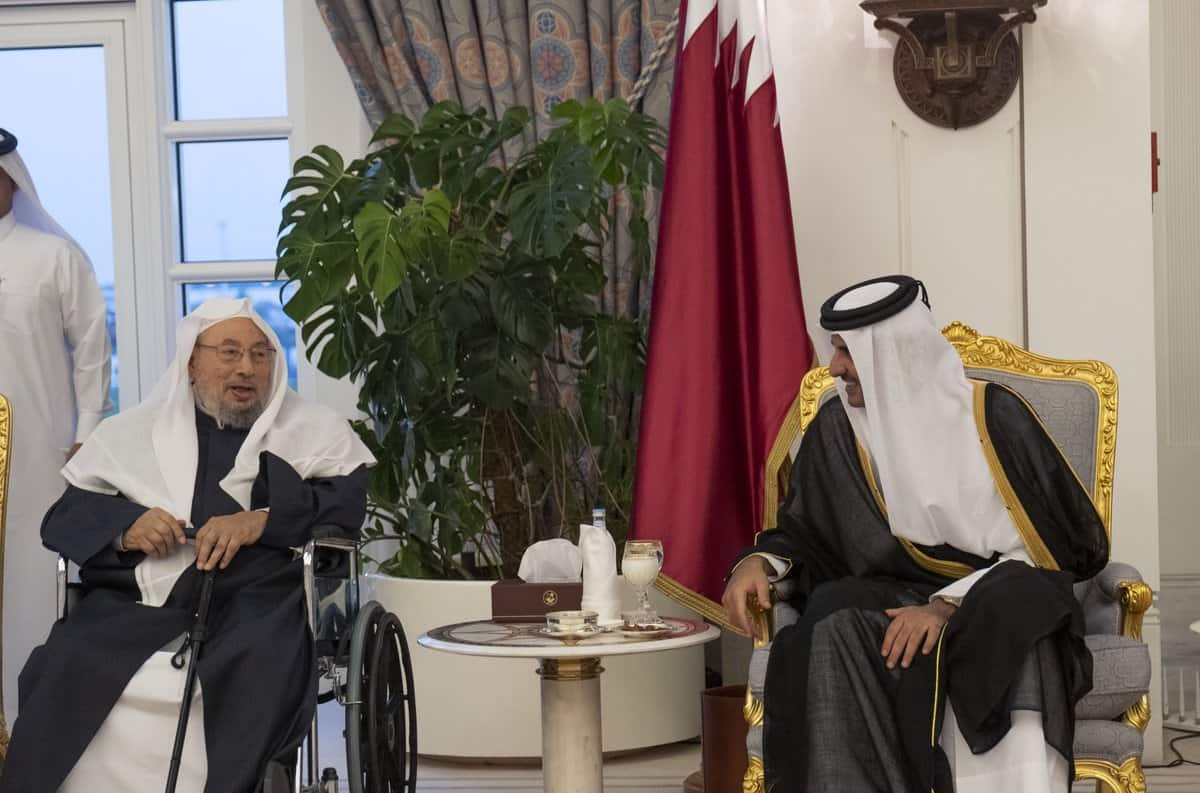
Hate preachers were hosted by Gulf governments at multiple events during Ramadan 2019. The Government of Qatar continued to be the worst offender in this regard.

A new report by David Andrew Weinberg, ADL’s Washington Director for International Affairs, documents the intolerant language of all kinds still found in Saudi Arabia’s government-published textbooks for schoolchildren.

America’s Gulf allies — Qatar, Dubai, Saudi Arabia and Kuwait — still sponsor hate preachers during Ramadan.
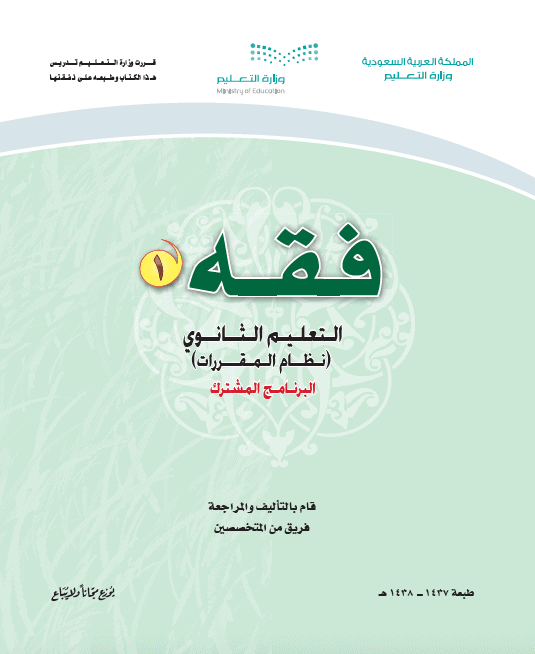
On July 19, Dr. David Andrew Weinberg testified before Congress concerning the incitement found in Saudi Arabia’s government-published textbooks for school children. He argued that such incitement is not just a moral issue or a human rights issue, but also a national security issue.

The US Treasury Department designated Muhammad Hadi al-‘Anizi as an al Qaeda terrorist earlier this month. He was detained in Afghanistan in late 2001 at the age of 15. Al-‘Anizi was freed and thanked Kuwait’s leadership for his repatriation. He is now based in Kuwait.
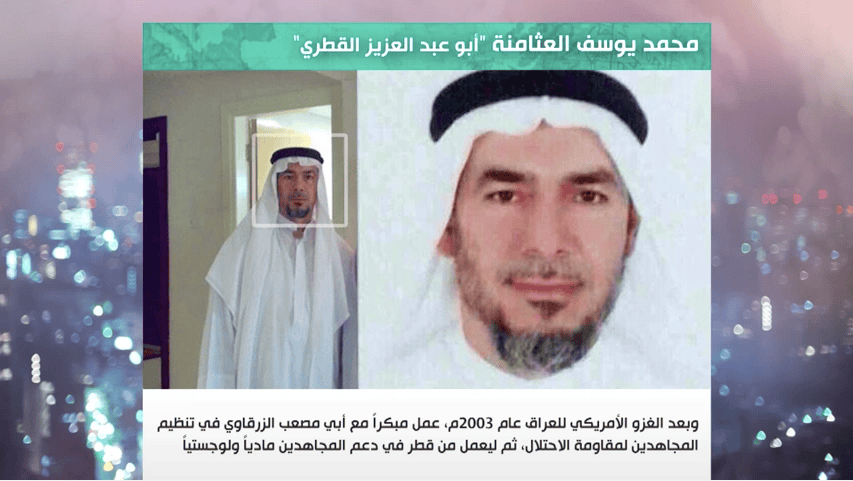
Jund al Aqsa, a US and UN designated terrorist organization, was subsumed by al Qaeda’s rebranded Syrian branch in early October. The group had deep ties to al Qaeda’s fundraising network in the Gulf prior to the merger.

Washington should take a series of steps to stop nations from supporting the newly rebranded version of Al Nusrah Front in Syria.
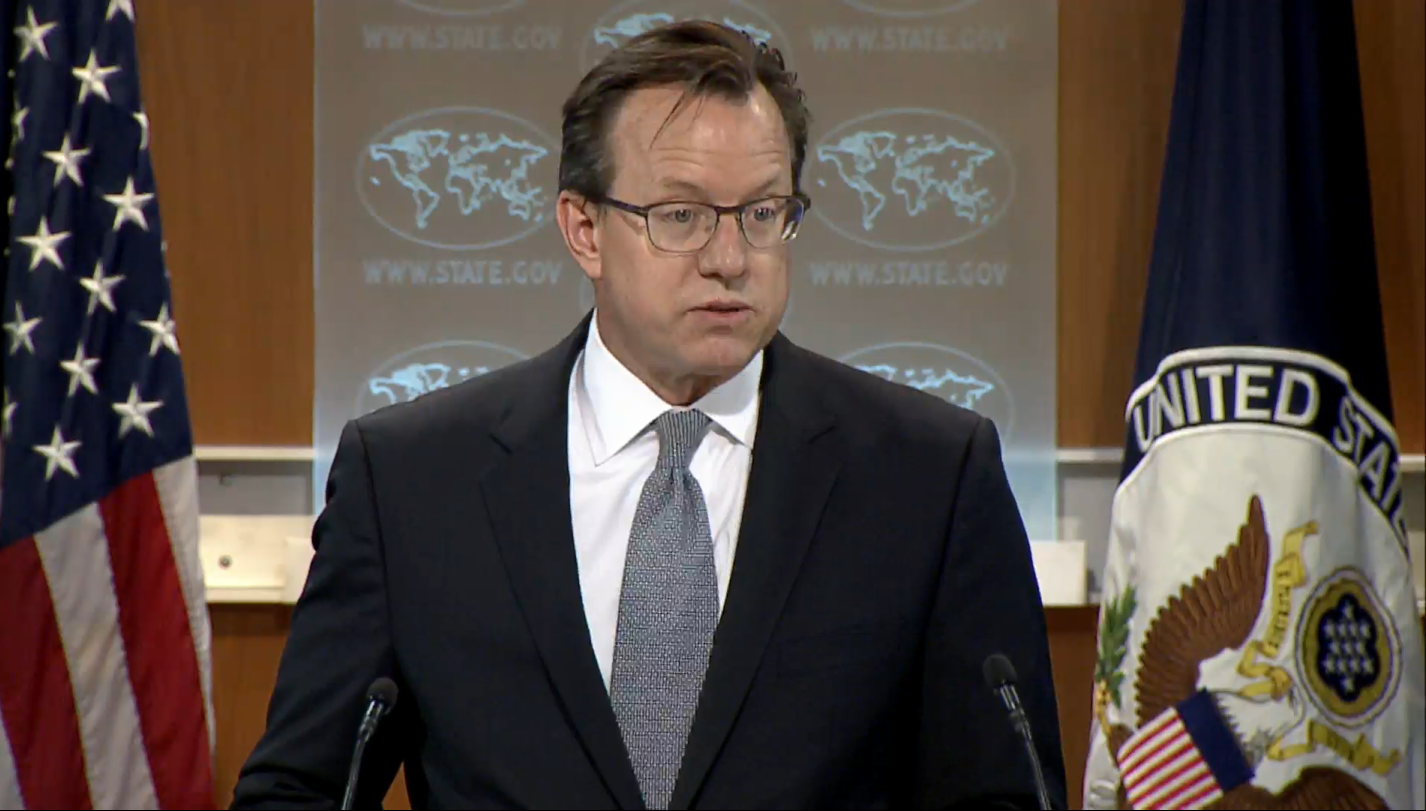
The State Department’s newly released Country Reports on Terrorism for 2015 suggests that several Gulf States still have a lot of work to do when it comes to terrorist fundraising.
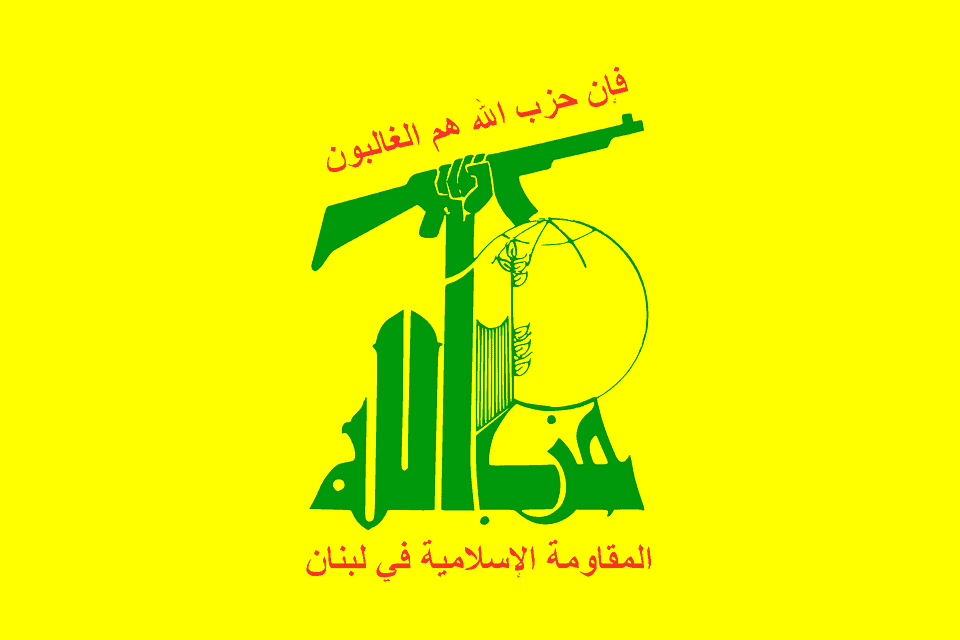
All of the entities targeted by Saudi Arabia also stand accused by the U.S. of bolstering Hezbollah’s military influence, including in areas that could be used against Saudi Arabia or Saudi proxies in places such as Syria or Yemen.
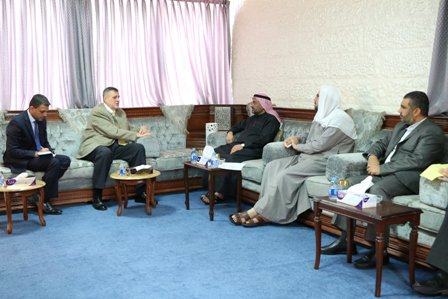
UN representative Jan Kubis reportedly met with Muthanna Harith al Dari yesterday. The UN National Security Council’s Al Qaeda Sanctions Committee has accused Dari of funding al Qaeda in Iraq.
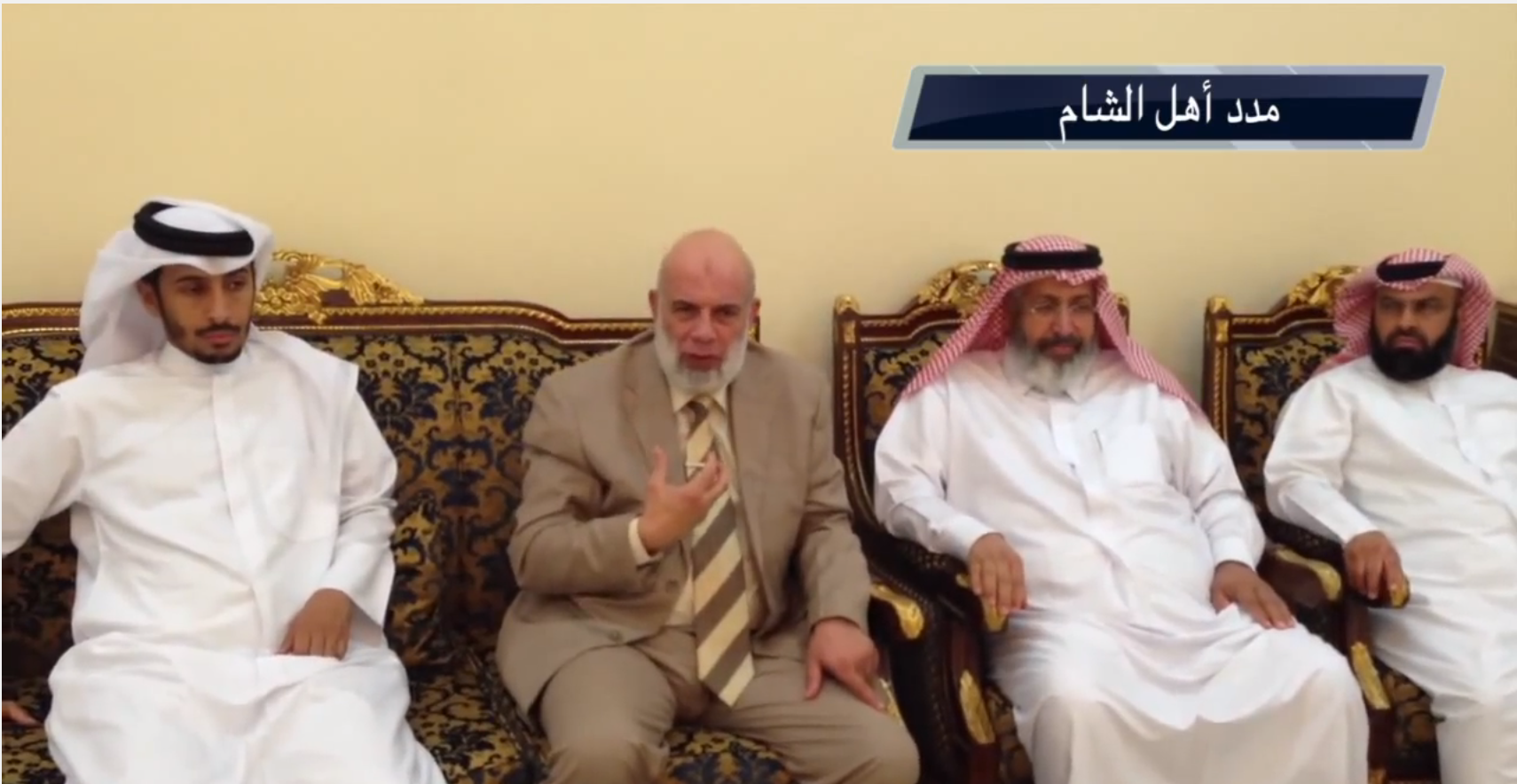
New US sanctions on two Qatari citizens expose Doha’s uneven response.
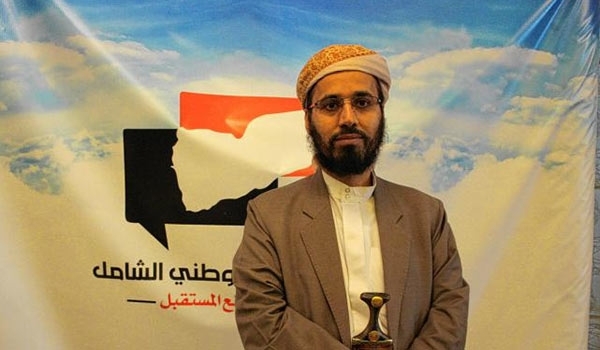
The United Nations Secretary General greeted ‘Abd al Wahhab al Humayqani at Geneva for peace talks in his capacity as a member of the Yemeni government in exile’s delegation. The US listed Humayqani as a Specially Designated Global Terrorist and described him as al Qaeda’s emir for Al Baydah province in Yemen as well as a financier, recruiter, attack planner, and ideologue.
Qatar continues to celebrate the release of Ali Saleh Kahlah al Marri, an admitted al Qaeda sleeper agent, from a US federal prison last week. The prime minister of Qatar has even reportedly called al Marri to congratulate him.
Ali Saleh Kahlah al Marri, who served as an al Qaeda sleeper operative, has been released from an American prison and returned to Qatar.